All Stories
-
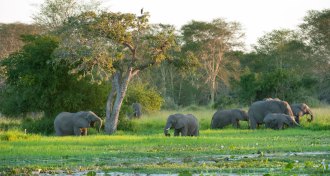 Ecosystems
EcosystemsWar wrecked an African ecosystem. Ecologists are trying to restore it
Bringing back big predators to Gorongosa, once a wildlife paradise in Mozambique, is just one piece of the puzzle in undoing the damage there.
By Jeremy Rehm -
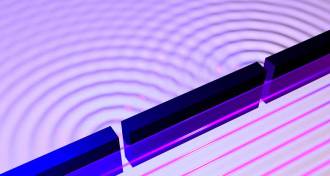 Quantum Physics
Quantum PhysicsAntimatter keeps with quantum theory. It’s both particle and wave
A new variation of the classic double-slit experiment confirms that antimatter, like normal matter, has wave-particle duality.
-
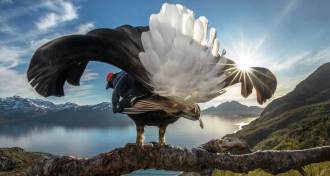 Animals
AnimalsThese award-winning photographs capture rarely seen wildlife and landscapes
Winners of the California Academy of Sciences’ annual photo contest dove deep underwater and hiked to great heights to create these striking images.
By Maanvi Singh -
 Science & Society
Science & SocietyFacebook data show how many people left Puerto Rico after Hurricane Maria
Conventional surveys can’t track migration after natural disasters in real time. But Facebook data may provide a crude estimate of those who flee.
By Sujata Gupta -
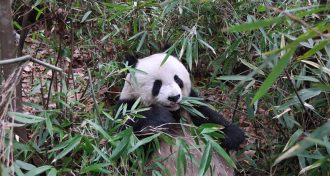 Animals
AnimalsPandas’ share of protein calories from bamboo rivals wolves’ from meat
The panda gut digests protein in bamboo so well that the animal’s nutritional profile for calories resembles a wolf’s.
By Susan Milius -
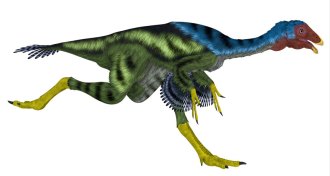 Paleontology
PaleontologyA dinosaur’s running gait may reveal insights into the history of bird flight
In what may have been a precursor to avian flight, a flightless winged dinosaur may have flapped its wings as it jogged.
-
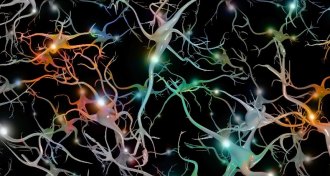 Artificial Intelligence
Artificial IntelligenceAn AI used art to control monkeys’ brain cells
Art created by an artificial intelligence exacts unprecedented control over nerve cells tied to vision in monkey brains, and could lead to new neuroscience experiments.
-
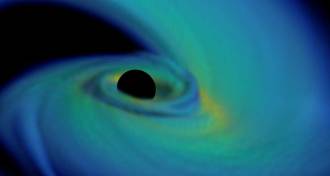 Physics
PhysicsLIGO and Virgo made 5 likely gravitational wave detections in a month
It took decades to find the first gravitational wave event, and now they’re a weekly occurrence.
-
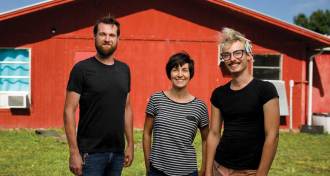 Agriculture
AgricultureCan Silicon Valley entrepreneurs make crickets the next chicken?
Entrepreneurs are bringing automation and data analysis to insect agriculture to build a profitable business that helps feed the planet.
By Susan Milius -
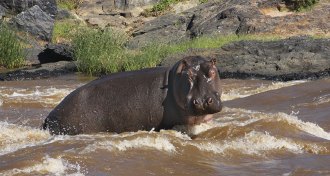 Animals
AnimalsHippo poop cycles silicon through the East African environment
By chowing down on grass and then excreting into rivers and lakes, hippos play a big role in transporting a nutrient crucial to the food web.
-
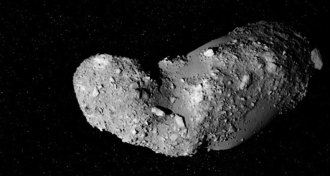 Planetary Science
Planetary ScienceWater has been found in the dust of an asteroid thought to be bone-dry
Scientists detected water in bits of an asteroid thought to be devoid of the liquid. Such space rocks might have helped create Earth’s oceans.
-
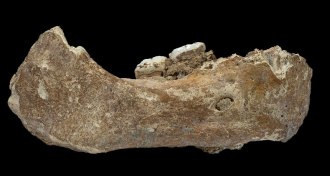 Anthropology
AnthropologyA jawbone shows Denisovans lived on the Tibetan Plateau long before humans
A Denisovan jaw is the earliest evidence of hominids on the Tibetan Plateau, and the first fossil outside of Siberia from the mysterious human lineage.
By Bruce Bower